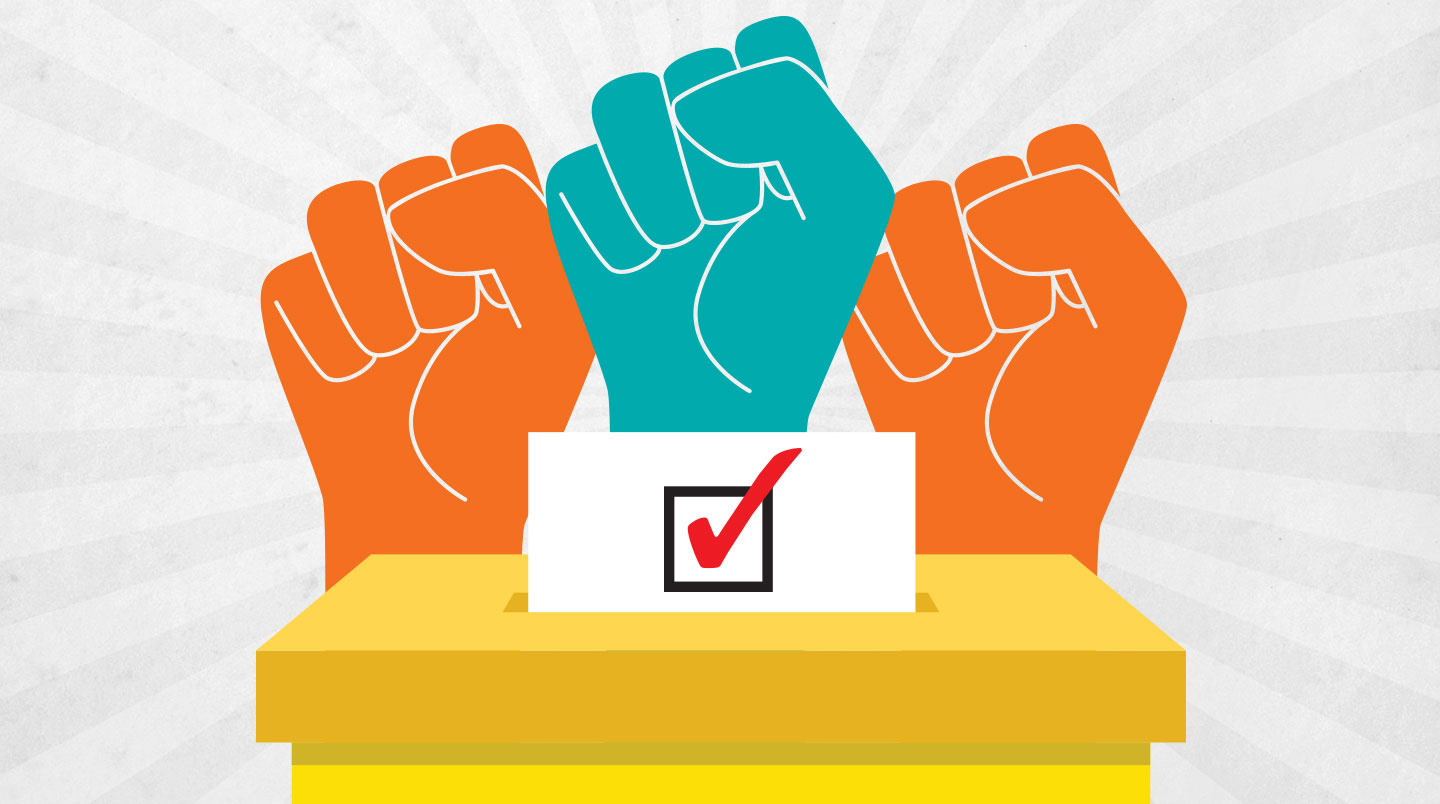Last March, Nadia Tamez-Robledo went to a voting site in Houston, Texas, to cast her ballot in the state’s primary. When she arrived a little before 7 p.m., the line to vote extended far outside the building. So she took her place at the end of it—and waited. And waited. And waited. Nearly six hours later, at 12:40 a.m., she was finally able to vote. Dozens of people were still in line behind her.
Tamez-Robledo was one of thousands of Texans who were forced to wait hours to cast their ballots that night. Local officials blamed unexpectedly high voter turnout, malfunctioning voting machines, and understaffing, among other issues. But voting rights experts say the long lines were also evidence of a much bigger problem: voter suppression—efforts to prevent or discourage people from voting.
Last March, Nadia Tamez-Robledo went to a voting site in Houston, Texas. She went there to cast her ballot in the state’s primary. When she arrived a little before 7 p.m., the line to vote stretched far outside the building. So she took her place at the end of it. She waited. And waited. And waited. She finally was able to vote nearly six hours later, at 12:40 a.m. Dozens of people were still in line behind her.
Tamez-Robledo was one of thousands of Texans who were forced to wait hours to cast their ballots that night. Local officials blamed unexpectedly high voter turnout, improperly working voting machines, and understaffing, among other issues. But voting rights experts say the long lines were also evidence of a much bigger problem, voter suppression. That is efforts to prevent or discourage people from voting.

